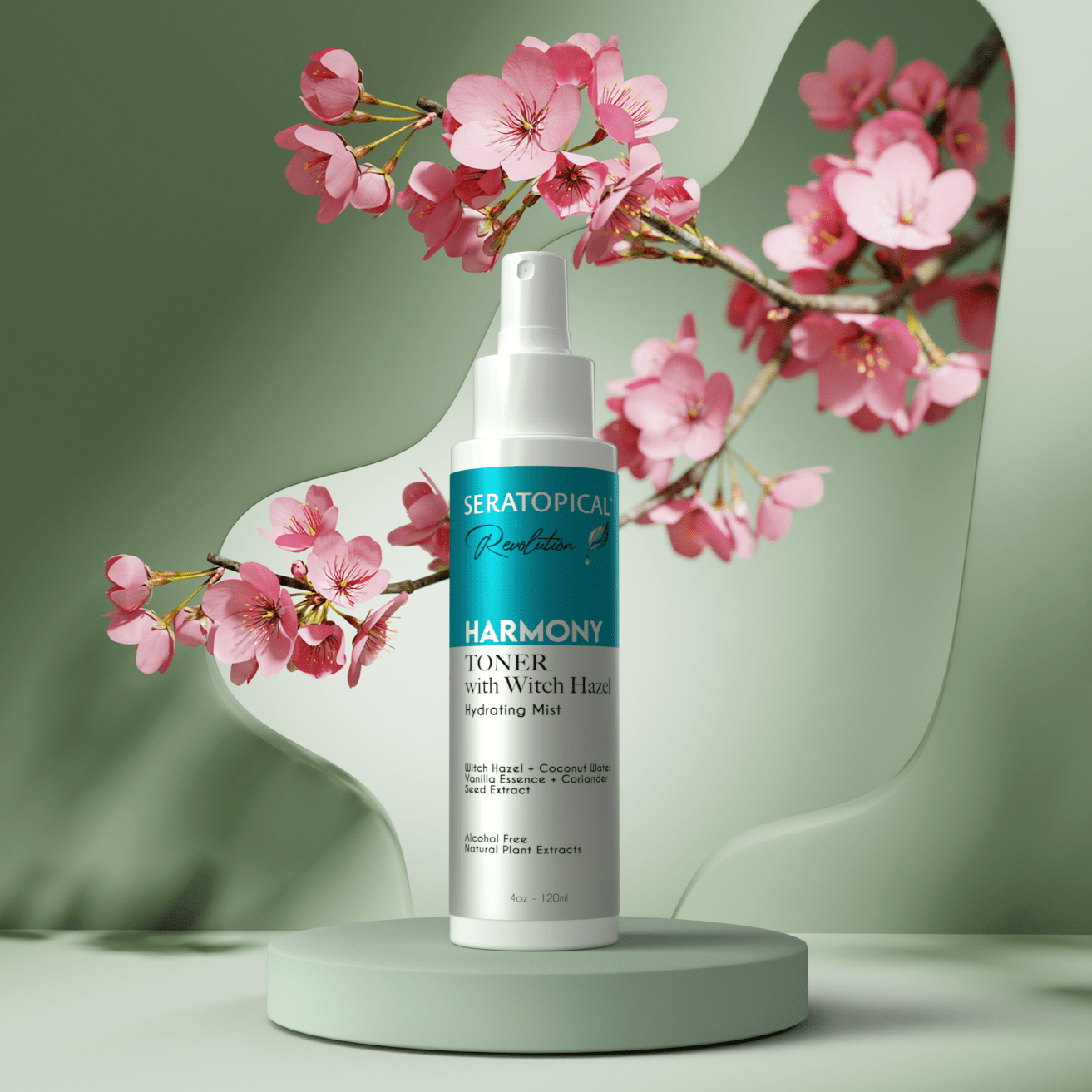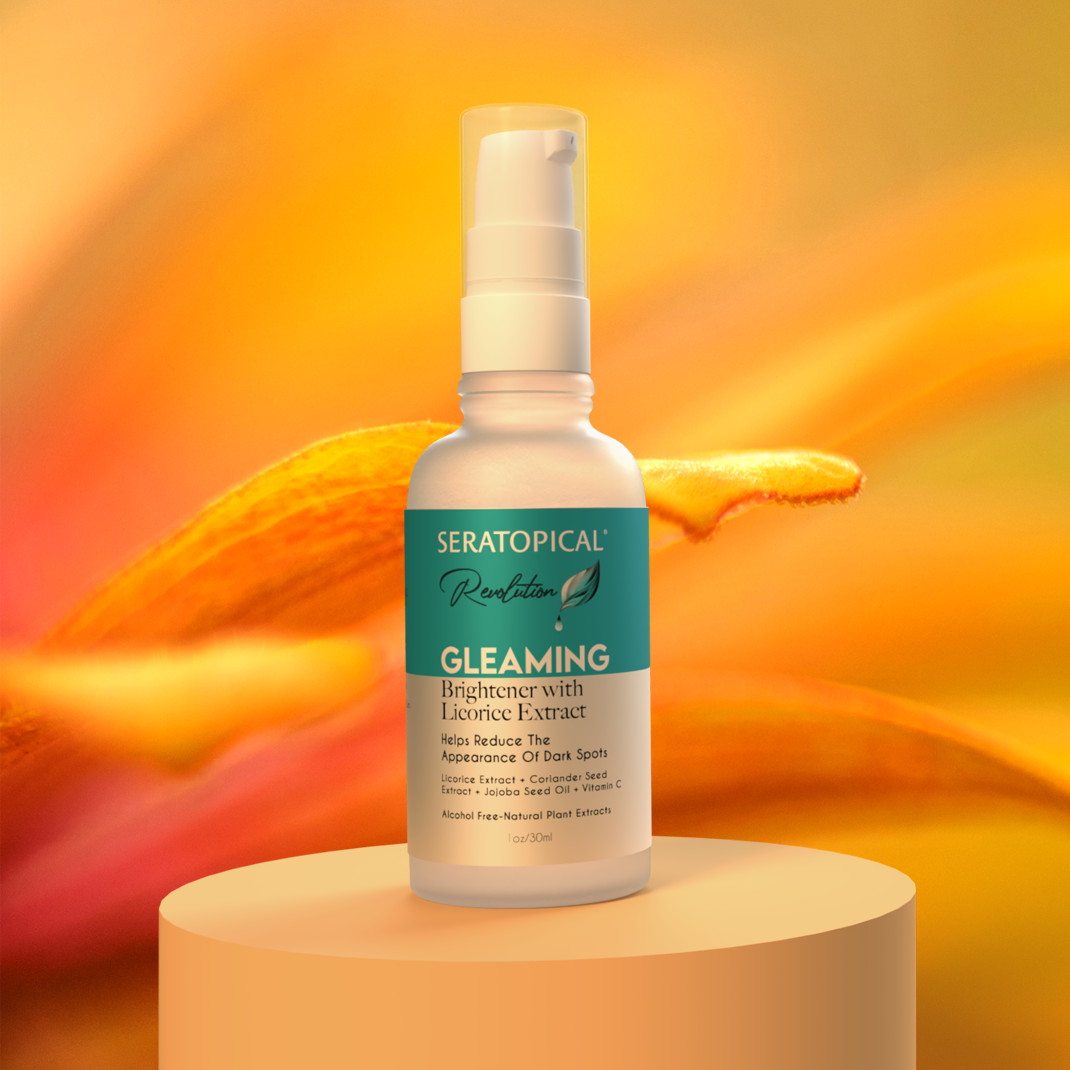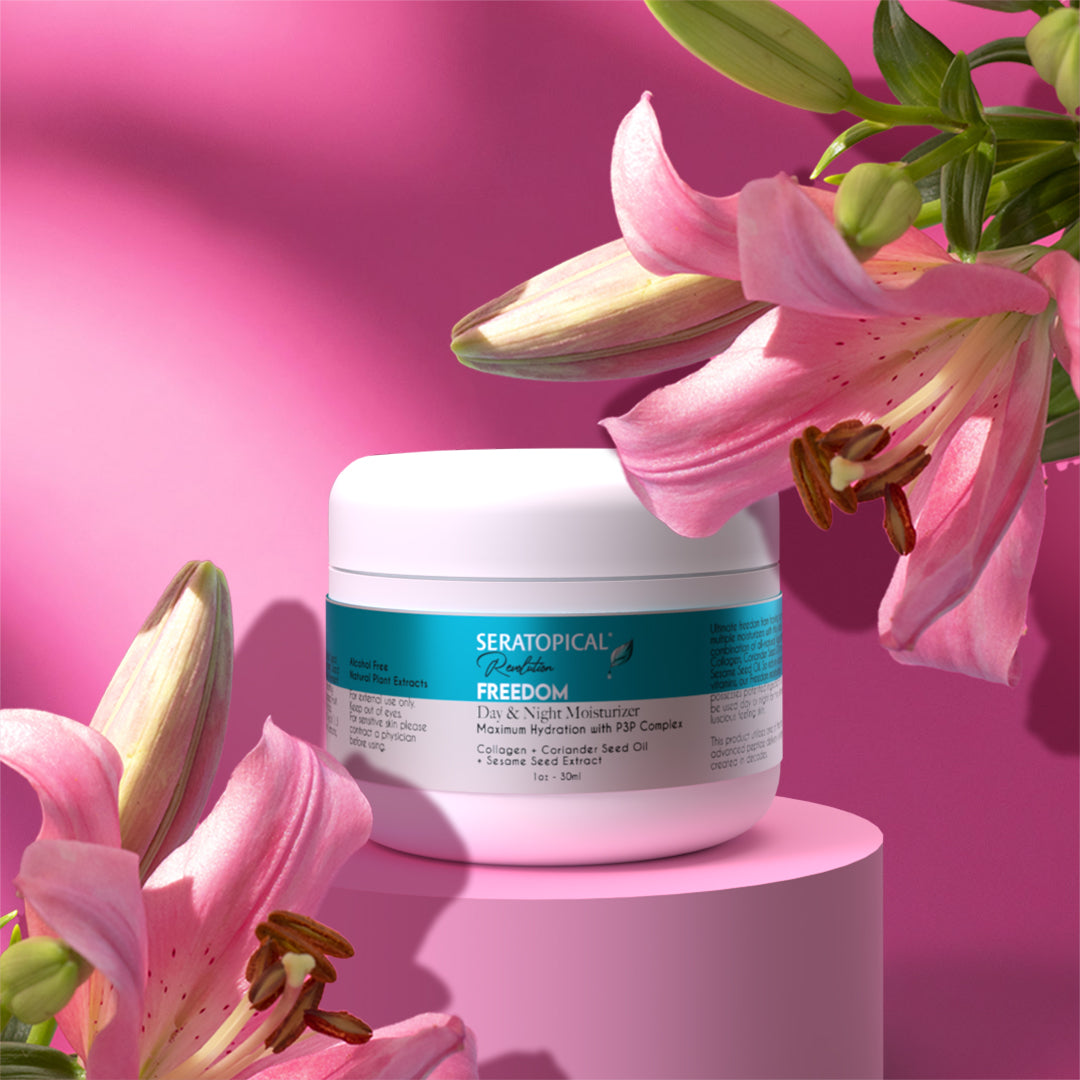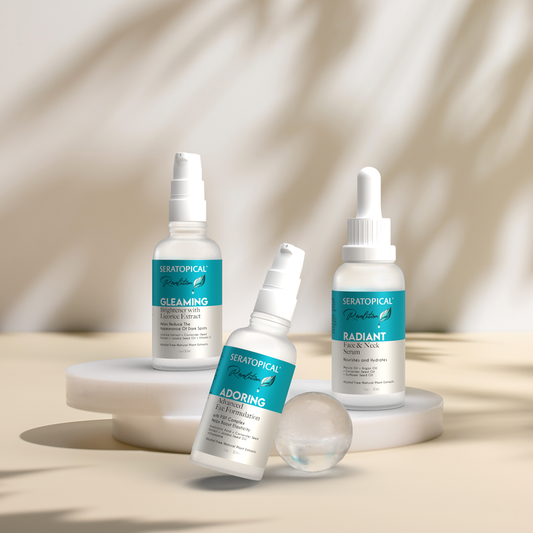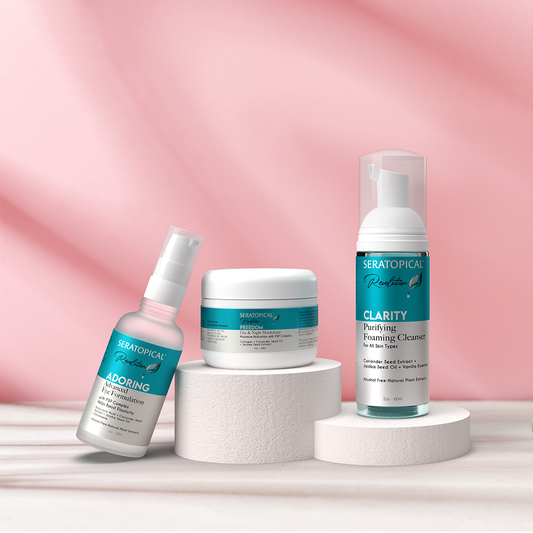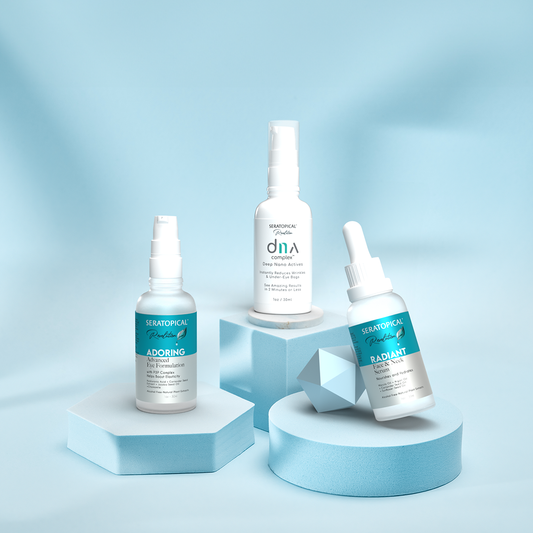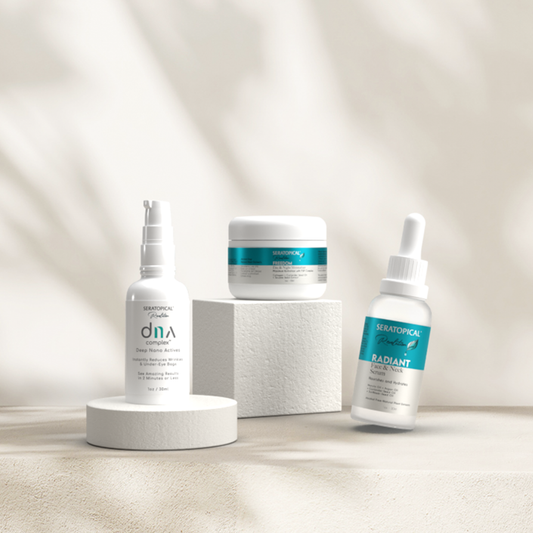You’ve probably heard about the importance of moisturizing and hydrating – but what’s the difference? Here is your guide on hydrating vs. moisturizing, including how to know which is needed in your routine.
Importance of Skin Health
The skin is our body’s biggest defender, acting as a barrier against bacteria and other aggressors that may harm our health. Our skin is only able to protect and function at its best when it is properly hydrated and moisturized. Of course, hydration and moisturization also help the skin both look and feel its best. With all of this in mind, it’s important to work hydrating and moisturizing products into your routine to maintain optimal skin health.
What is “Hydration” in Skincare
Hydration refers to the water found in your skin cells. Hydration skincare products are crafted with humectant ingredients that attract water molecules to the skin to increase its water content and promote a supple, well-hydrated complexion. Some of the best hydrating ingredients include hyaluronic acid, sodium hyaluronate, glycerin, coconut water, and aloe.
Proper hydration is crucial for all skin types, as anyone can experience dehydration. While it may seem counterintuitive, oily skin can have a lack of hydration. This is because, while oily skin types have plenty of oil, they don’t necessarily have an abundance of water. Meanwhile, dry skin types can also become dehydrated, which makes daily hydration a must.
What is “Moisturizing” in Skincare
Moisturizing refers to the process of using oil-based ingredients to create a protective barrier on the skin that seals water in. By doing this, they help prevent transepidermal water loss (TEWL) – the process of water passing through your skin and evaporating into the air. Moisturizers also support your skin’s barrier, ensuring it is able to function optimally.
There are plenty of highly effective moisturizers, but some of the best moisturizing ingredients include occlusives and emollients like plant oils (such as jojoba, marula, olive, cranberry, and coriander oils), waxes and butters (like carnauba wax and shea butter), and ceramides.
Just like with hydration, all skin types need moisturization. Dry skin types (which lack natural oil) especially need extra moisture support. That said, even the oiliest skin still needs moisture to maintain barrier health and keep the skin balanced.
Signs Your Skin Needs Hydration
If your skin is dehydrated (meaning it is lacking in water), you may notice one or more of these signs:
- More prominent fine lines
- A loss in firmness and/or elasticity
- Itchiness and increased sensitivity
- Dullness
- Excess oil (as the skin can try to overcompensate for a lack of water by producing more oil)
Signs Your Skin Needs Moisture
If your skin is dry (meaning it is lacking in oil) and needs more moisture, it may exhibit some of these signs:
- Flaking or peeling skin
- Rough or scaly patches
- Redness and irritation
- Feeling of tightness
Best Hydrating Products
Adding hydration to your routine is easy – you just need to incorporate the right products into your daily regimen. We love hydrating the skin with a gentle toner like Harmony Toner. This refreshing mist is powered in part by coconut water, an amino acid and electrolyte-rich natural ingredient that helps douse the skin with hydration. It works alongside other hydrators (including glycerin and aloe), as well as additional ingredients that help calm and soften.
You can also seek out serums made with hydrators, such as Gleaming Brightener. This multitasking serum contains hydrating ingredients like aloe and glycerin that help draw water to the skin for a softer and more supple complexion. These hydrators are joined by nutrient-dense ingredients that help even skin tone, improve smoothness, and encourage collagen and elastin production.
Best Moisturizing Products
If you’re looking to add moisturizing skincare products to your routine, you’ll want to start with a high-quality moisturizer, like the Freedom Day & Night Moisturizer. Made with deeply moisturizing, nutrient-dense ingredients like coriander seed oil, jojoba seed oil, cranberry seed oil, and collagen, this anti-aging moisturizer is designed to help improve firmness and elasticity as it softens, smoothes, and seals in water.
Oil-based serums are also great for adding an extra dose of moisture to the skin. Radiant Glow Face & Neck Serum combines marula, argan, coriander seed, and sunflower seed oils with additional plant-based ingredients that help improve barrier health and fight signs of aging while nourishing, softening, and smoothing the complexion.
Can You Combine Both?
You absolutely can use both moisturizing and hydrating products in your routine. In fact, for a well-rounded skincare routine, you’ll want to ensure your skin is getting the hydration and moisturization support that it needs. Layer hydrators and moisturizers daily to maintain soft, comfortable, and glowing skin.
Application Tips
For the best results, use products made with hydrating and moisturizing ingredients both morning and night. Doing so will ensure your skin is getting the consistent support that it needs for optimal skin health and healthily hydrated, moisturized skin.


